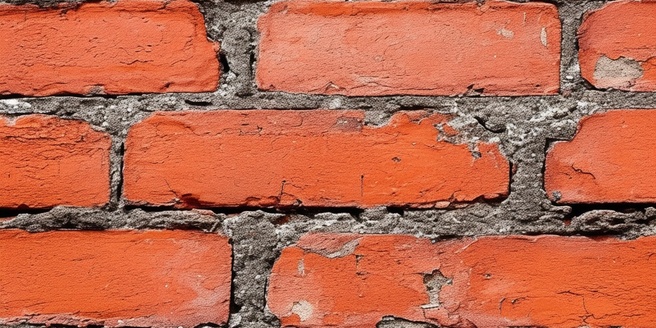Starting With Free Brickwork Assessments

Understanding the Importance of Brickwork Assessments
Brickwork assessments are crucial for maintaining the structural integrity of any building. Over time, even the most robust brickwork can succumb to wear and tear, environmental factors, and other stressors. Regular evaluations help identify potential issues before they escalate into costly repairs. An effective assessment reveals the condition of the bricks and mortar, pinpointing areas where preventative maintenance may be necessary. This not only extends the life of the building but also ensures the safety of its occupants. Engaging in routine assessments allows property owners to understand the underlying health of their building structure and make informed decisions about necessary repairs or enhancements. Ignoring these assessments can lead to unexpected failures, which might compromise the building’s stability and result in more expensive interventions.
How to Find Free Brickwork Assessment Services
Finding free brickwork assessment services can be invaluable for property owners looking to maintain their buildings cost-effectively. Start by reaching out to local municipalities or community organizations, as they may offer subsidized or complimentary assessment programs. Additionally, some educational institutions or trade schools might provide assessments as part of their training programs, giving students hands-on experience. It’s also beneficial to contact local construction companies, as they might conduct free assessments as a way to introduce homeowners to their services. Always verify the credentials of any assessor before proceeding, ensuring they hold the appropriate qualifications and reputation within the community. By leveraging these resources, property owners can maintain their brickwork without incurring significant costs.
Key Benefits of Early Brickwork Evaluations
Initiating brickwork evaluations at an early stage of a building’s life provides several key benefits. Early evaluations can reveal hidden weaknesses or defects that can be addressed swiftly, preventing minor issues from growing into major structural problems. This proactive approach often results in cost savings, as it reduces the need for extensive repairs in the future. Additionally, early evaluations establish a maintenance baseline, providing a documented record of the building’s condition over time, aiding in future inspections. They also enhance the property’s market value by reassuring potential buyers or investors of its well-maintained status. Prioritizing these evaluations underscores a commitment to safety, structural soundness, and long-term investment value.
What to Expect During a Brickwork Assessment
During a brickwork assessment, property owners can expect a comprehensive evaluation of their building’s masonry condition. A qualified assessor will examine the bricks, mortar, and structural elements, looking for cracks, chips, or signs of deterioration that could indicate underlying issues. They may use specialized tools to measure moisture levels within the walls, as high moisture can lead to mold growth or structural weakness. The assessor will discuss their findings with the property owner, highlighting any areas of concern and recommending potential repairs or preventative actions. This transparent process ensures that property owners are fully informed about their building’s condition and can make decisions on maintenance with confidence.
Common Issues Identified in Brickwork Assessments
Brickwork assessments often unveil a variety of common issues, such as mortar joint deterioration or brick spalling. Mortar joints can erode over time due to weather exposure, creating gaps that can compromise the wall’s stability. Spalling, or the chipping of brick surfaces, often results from moisture ingress or the freeze-thaw cycle, which can further weaken the structure. Other issues may include cracking due to settlement or structural shifts, efflorescence caused by salt deposits, and vegetation growth within the brickwork. Identifying these problems early through regular assessments allows for timely interventions, preventing more serious damage and maintaining the overall health of the building.
Next Steps After Your Brickwork Assessment
Once a brickwork assessment is completed, it’s crucial to take informed steps based on the findings. If issues are identified, prioritize repairs to prevent further deterioration. Consult with professional masons or contractors who specialize in brickwork to obtain quotes and evaluate the scope of work required. Establishing a maintenance plan is also beneficial, setting up regular intervals for future assessments and preventative measures. For minor issues, DIY repairs might be feasible, though major work should be left to professionals. Keeping a detailed log of assessments and repairs helps track the building’s condition over time, ensuring it remains structurally sound and safe for occupants.